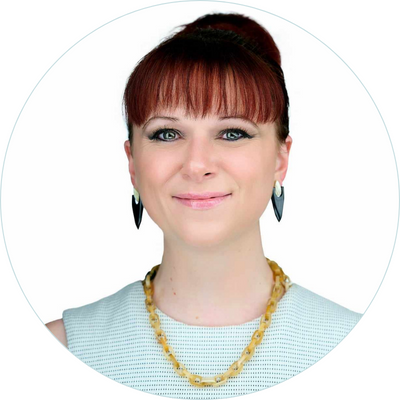You scrutinize job descriptions with a fine-toothed comb. Tailor your resume to each opening with surgical precision. Prepare for interviews by predicting every possible question they could lob in your direction.
But are you asking as many probing questions about the company? Hiring teams put candidates through the wringer, assessing technical skills, culture fit, and superpowers that suggest you—and only you—could thrive in this new role. Amongst all the grilling about your past and hypotheticals about how you would handle future scenarios, the interview also presents a golden yet often wasted opportunity for you to put the company under the microscope right back.
With some strategizing, you can steer conversations toward illuminating the company’s character and how much they prioritize the employee experience.
1. What is one thing that’s key to being successful here that somebody from outside the company wouldn’t know?
The “unwritten rules” lens invites insider information about the realities behind the roles. Listen closely for transparency about work norms that depart from standardized job descriptions. Perhaps collaboration and consensus are valued here far more than taking bold initiative solo. Maybe managing up for executive face time marks a fast track more than racking up independent contributions does. Any work environment also has its landmines—does this one penalize rule-breaking creativity or over-commitment to process and perfectionism? This question can help unveil the truth.
2. What's your favorite thing about the company culture here, and if you could change one thing about the culture, what would it be?
Few will resist being a sunshine peddler and sharing rosy viewpoints about their employer first, but listen for how substantive the answers sound. Are they just corporate catchphrases handed down from HR? The second half of this two-parter question presses for unvarnished perspectives about existing company culture deficiencies. Pay attention if the interviewer entirely glosses over the critique part or avoids specifics—a yellow flag that something is amiss. No company is perfect, so it’s essential to work in an environment where people can be honest about where there is room for improvement.
3. What is one characteristic of people who have succeeded here and one characteristic of people who have failed?
Labeling success and failure archetypes can cut through corporate propaganda about having it all—work-life balance, advancement opportunity, diversity, autonomy, etc. Listen between the lines as interviewers describe what the organization rewards, tolerates, and punishes. Do star players tend to be bold lone rangers or collaborative team allies? Are poor performers described as deficient in skills or just simply “not fitting the mold” intangibly? Does change-averse consistency garner more rewards than bringing unconventional ideas? Note what behavioral norms nurture growth versus obstacles that unwittingly stonewall it and decide if that’s an environment in which you will thrive.
4. I’m even more excited now than when I applied. Is there anything I’ve said or haven’t said that makes you think I am not a great fit for the role?
Ending with this powerful question accomplishes several objectives. It reiterates your enthusiasm for the role and the company, suggesting a genuine interest and a positive attitude towards future challenges. It also opens a direct line of communication about potential concerns or misalignments, giving you a chance to clarify or address them head-on.
This proactive question can help dispel doubts and build a foundation of transparency and trust from the very beginning. It shows that you are committed to ensuring a mutual fit, which is essential for personal fulfillment and professional success.
Final Thoughts
Asking these questions of the hiring team demonstrates a strategic, thoughtful approach to your career. It shows that you're not just looking for any job but are seeking a role where you can truly excel and contribute to a shared vision. The answers will provide insights into the company's culture, values, and expectations, helping you decide whether this is the right place for you to grow and succeed.
Remember, the right fit goes beyond the job description and compensation package; it's about aligning with a company culture that fosters your growth, values your contributions, and resonates with your professional mission.

Ivy Blossom is a Talent Acquisition Consultant and Professional Resume Writer known for her expertise in sourcing top-tier candidates, facilitating inclusive hiring processes, and writing resumes that take job seekers from overlooked to unforgettable. Whether you're looking for a top-notch talent acquisition strategy or a new job, Ivy can help you achieve your goals. Visit ivyblossomrecruits.com to get started!

